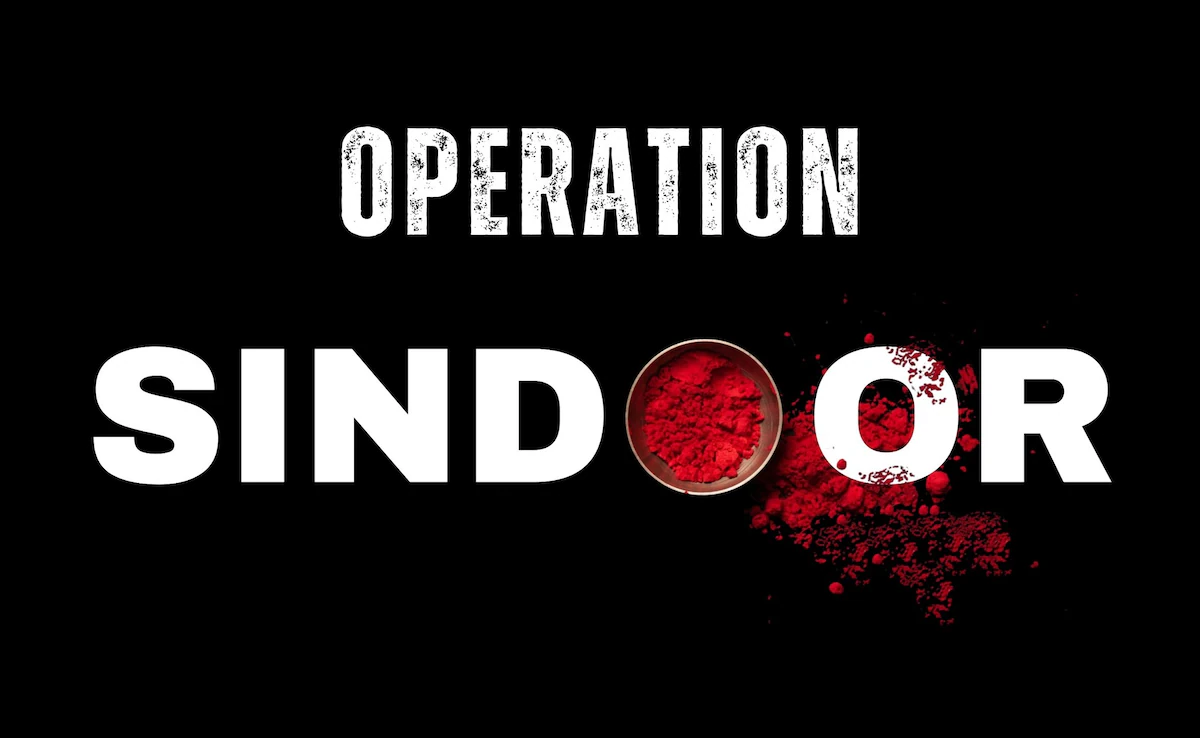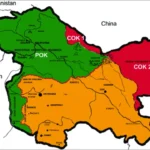Date: May 7, 2025
New Delhi: In a bold and unprecedented military action, the Indian Air Force (IAF) carried out a massive air strike targeting terrorist training facilities deep within Pakistan in the early hours of May 7, 2025. The operation, codenamed Operation Sindoor, marks a significant escalation in India’s counter-terrorism posture and signals a new era of strategic deterrence in the region.
Launched shortly after 3:20 AM, the precision strike targeted at least six major terror launch pads and three logistical hubs in Pakistan-occupied Kashmir (PoK) and the Khyber Pakhtunkhwa region. The camps were believed to be operated by terrorist organizations including Jaish-e-Mohammed (JeM), Lashkar-e-Taiba (LeT), and the Haqqani Network—groups that India holds responsible for a string of recent terror attacks in Jammu and Kashmir, including the killing of five Indian Army personnel in Kulgam last week.
According to Indian defense sources, Mirage 2000 and Sukhoi Su-30 MKI fighter jets were deployed for the strike, supported by Heron drones, mid-air refueling tankers, and AWACS for surveillance and coordination. The operation was executed with surgical precision, reportedly causing significant damage to terrorist infrastructure while ensuring no civilian casualties.
An official from the Indian Ministry of Defence stated, “Operation Sindoor was a pre-emptive, intelligence-driven mission designed to neutralize a growing threat. The scale and success of this operation sends a strong message to all actors supporting terrorism.”
The codename “Sindoor”, traditionally associated with protection, sacrifice, and sanctity, was chosen to symbolize the mission’s deeper intent: defending the lives and dignity of Indian citizens in the face of continued provocations.
In a televised address to the nation, Prime Minister Narendra Modi praised the armed forces for their courage and professionalism. “India will not sit silent while terrorists thrive across the border. This government has zero tolerance for terror, and our armed forces have shown that with courage and clarity,” he said.
Pakistan, in a swift response, acknowledged the air incursion but claimed that its air defenses forced Indian jets to retreat. The Pakistani Foreign Office condemned the strike as a “grave violation of sovereignty” and warned of “serious consequences.” However, there has been no confirmation of retaliatory military action from the Pakistani side as of this report.
International reactions have been mixed but largely restrained. The United States and the United Nations have called for de-escalation and urged both nuclear-armed nations to avoid further confrontation. France and Australia issued statements supporting India’s right to defend itself from cross-border terrorism.
Within India, the operation has sparked a wave of support. Citizens across major cities held rallies and candle marches in support of the armed forces. Opposition leaders, including Rahul Gandhi and Arvind Kejriwal, lauded the military’s professionalism and called for national unity in the face of external threats.
Security across the western border has been heightened, with Indian forces placed on high alert for potential retaliation. Intelligence agencies continue to monitor communications in the region, and the Ministry of Home Affairs has instructed all border states to strengthen internal security protocols.
As Operation Sindoor reverberates across diplomatic and strategic circles, experts suggest this strike marks a shift in India’s counter-terror strategy—from reactive containment to proactive disruption.
India has made its stance clear: terror will no longer be tolerated, and sanctuaries across borders will not remain safe.




